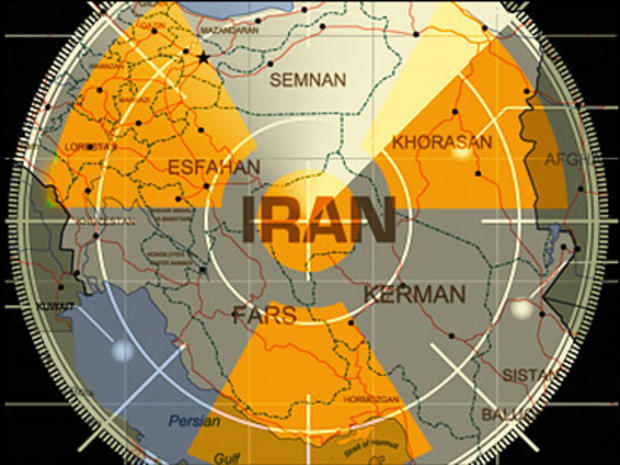Iran nuclear deal? Maybe with a small "d"
The current round of nuclear negotiations between the U.S. and Iran will end on Monday, but already, leaks from the highly complicated talks indicate there will be no deal -- or at least that there will be no comprehensive, final, capital "D" Deal.
There may be a face-saving agreement with concessions from both sides, and a proposal to keep talking. Even that would be progress.
Only two years ago, the fact that Iranian and U.S. officials were meeting in the same room made headlines. Over the past 12 months, they've not only met, but bargained and talked and joked together. Iran's President Hassan Rouhani and President Obama have spoken on the phone. At the negotiating table the Iranians are, at least some of the time, speaking English -- which is a major diplomatic concession as well as a time-saver.
- Iran's ayatollah and Obama pen pals?
- Iran claims replica U.S. stealth drone airborne
- U.N. finding throws Iran nuke deal into doubt
Who's at the table in Vienna?
On one side sits an official delegation of senior diplomats from Iran's Foreign Ministry.
On the other side, a larger group of diplomats from six countries, the so-called P5+1: The five permanent members of the United Nations Security Council (the United States, Russia, China, France and the United Kingdom) plus Germany. In Eurocentric Europe, they are often referred to as the E3+3, i.e., the three European countries... and three others.
What's at stake?
The P5+1 want to put enough technical roadblocks in place -- plus a system of policing them -- so that if Iran ever did decide to develop nuclear weapons, the world (especially the U.S. and Israel) could take steps to prevent it.
For the record, Iran has always said it only wants nuclear technology for peaceful purposes, but very few analysts or Western politicians believe that. There are too many discrepancies in the size and shape of their nuclear program over the years.
Iran wants economic sanctions against it lifted. Some of those sanctions were imposed by the United Nations, but the most draconian were imposed by the U.S. government. They have been so ferociously enforced that Iran's international business has been strangled. Across the world, banks refuse to move money in or out of Iran and that has meant Iran has had to reduce its oil exports and its economy has taken a beating.
What are the sticking points to a deal?
It boils down to how much uranium (one of the ingredients to make a nuclear weapon -- or nuclear energy) Iran insists on enriching.
Raw uranium, which is a mineral mined from the ground, is no good for making weapons (or electricity, or anything really). To be useful in nuclear reactions, it needs to have its heavier molecules separated out and concentrated. Iran has been concentrating uranium for years in machines called centrifuges.
The P5+1 want Iran to slow down that concentration process by limiting the number and kind of centrifuges running. The idea being that if Iran wants to ramp up to make weapons, it would take time; enough time for the world to notice and do something to prevent it.
At the moment, Iran wants to run more centrifuges than the West is willing to allow.
For Iran's part, it wants economic sanctions lifted so it can trade with the world freely again. The trouble is that a permanent lifting of sanctions requires U.S. Congressional approval, and that looks increasingly unlikely with a Republican-dominated Congress.
President Obama could use his authority to grant a temporary lifting of sanctions, but that may not be enough to satisfy the Iranians.
What next?
Expect to see frantic diplomatic activity over the weekend in Vienna with Secretary Kerry and his Iranian counterpart Foreign Minister Mohammad Javad Zarif working to come up with an announcement on Monday that disguises the lack of a comprehensive deal with an interim agreement, and the now-familiar proposal to keep talking.
At this, the 11th hour, it looks as if that's the best we'll get. Not a brand new chapter in American-Iranian relations, but not a return to the chilly old days of no talking and lots of saber-rattling, either.

